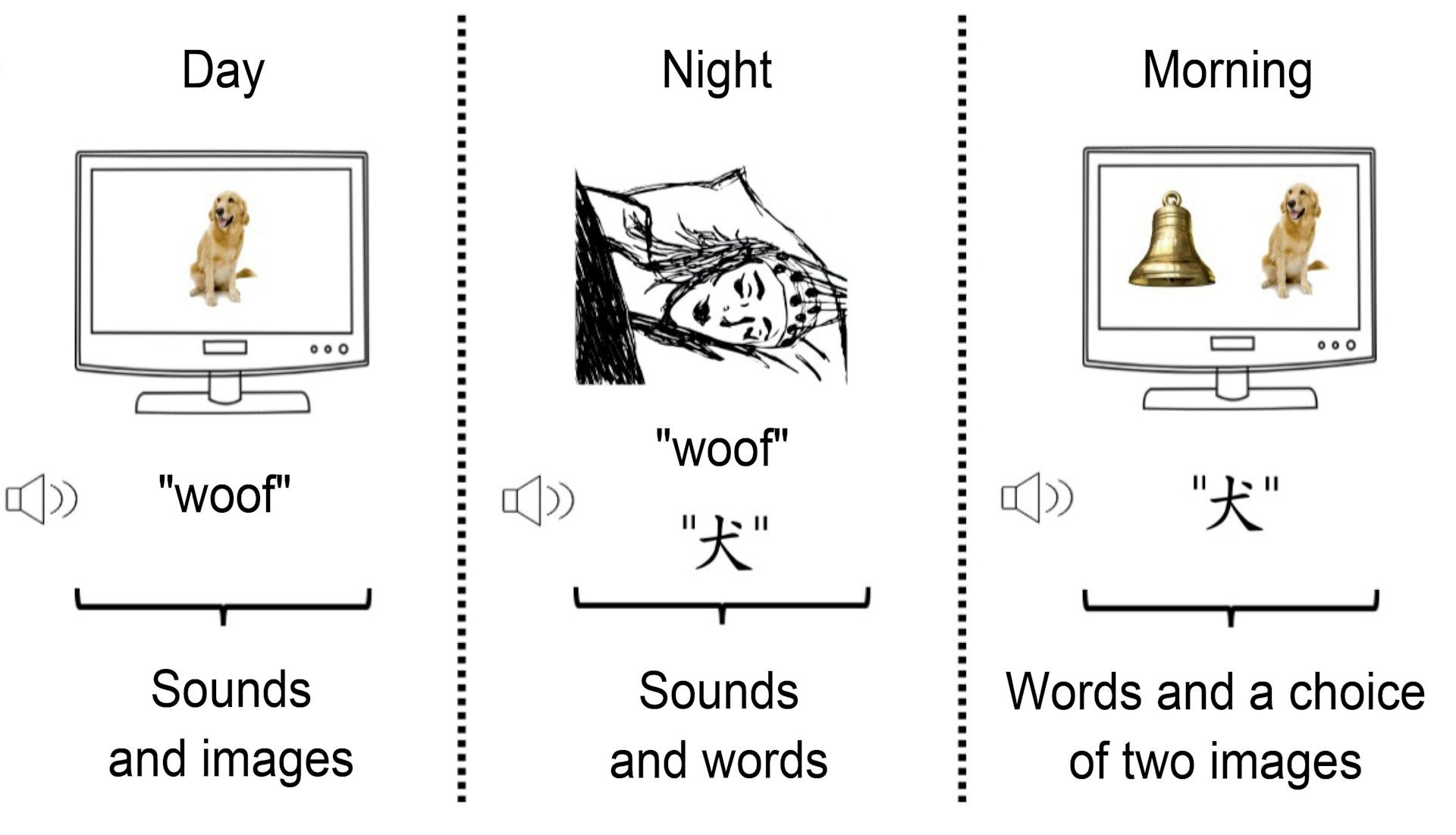The idea of effortlessly absorbing knowledge while asleep, like downloading information into our brains, is a captivating concept. But can you actually learn Japanese, or any language for that matter, while sleeping? While the notion of sleep-learning has been popularized in fiction, the reality is more nuanced. This article delves into the science behind sleep-learning, specifically examining whether it’s possible to learn Japanese while you sleep.
The Science Behind Sleep and Learning
Our brains are surprisingly active during sleep, constantly processing information from our surroundings. Studies have demonstrated that the brain can absorb simple associations during sleep, such as linking a tone with a smell. For instance, research has shown that smokers exposed to the scent of tobacco paired with unpleasant odors during sleep experienced a reduction in their cigarette consumption. This suggests a potential for conditioning and habit formation during sleep. However, language acquisition is a far more complex process than simple association.
A Study on Japanese Word Acquisition During Sleep
Researchers conducted a study to investigate whether the sleeping brain could learn Japanese words. Participants with no prior knowledge of Japanese were exposed to pairs of sounds and images while awake, creating a basic association. During sleep, they were then played the sound alongside the corresponding Japanese word. For example, the sound of a barking dog was paired with the Japanese word “inu,” meaning dog.
Upon waking, participants were tested on their ability to match the Japanese word with the correct image. Results showed that participants performed better than chance, indicating some level of learning. However, their confidence in their answers remained low, suggesting that this learning was implicit and unconscious. Furthermore, brainwave analysis revealed that remembered words triggered more slow waves, associated with deep sleep, than forgotten words. This suggests that slow-wave sleep plays a crucial role in consolidating memories during sleep.
Sleep Learning vs. Wakeful Learning: A Comparison
While the study demonstrated the possibility of acquiring some Japanese vocabulary during sleep, it’s crucial to compare this with learning while awake. When the same experiment was conducted with participants awake, using ten times fewer repetitions, learning was five times more efficient. Participants also reported significantly higher confidence in their knowledge when learning while awake. This highlights a key difference: sleep learning, if it occurs, is slow, implicit, and unconscious, while wakeful learning is faster, explicit, and conscious.
The Verdict: Can You Really Learn Japanese While Sleeping?
While the brain can process and retain some simple information during sleep, learning a complex language like Japanese primarily requires conscious effort and active engagement while awake. Sleep may play a role in consolidating memories formed during wakefulness, strengthening newly acquired knowledge. However, relying solely on sleep-learning for language acquisition is inefficient and unlikely to yield significant results. Instead of viewing sleep as a shortcut to fluency, consider it a valuable partner in your language learning journey, helping to solidify what you learn during your waking hours. Consistent study, practice, and immersion remain the most effective methods for mastering Japanese.

